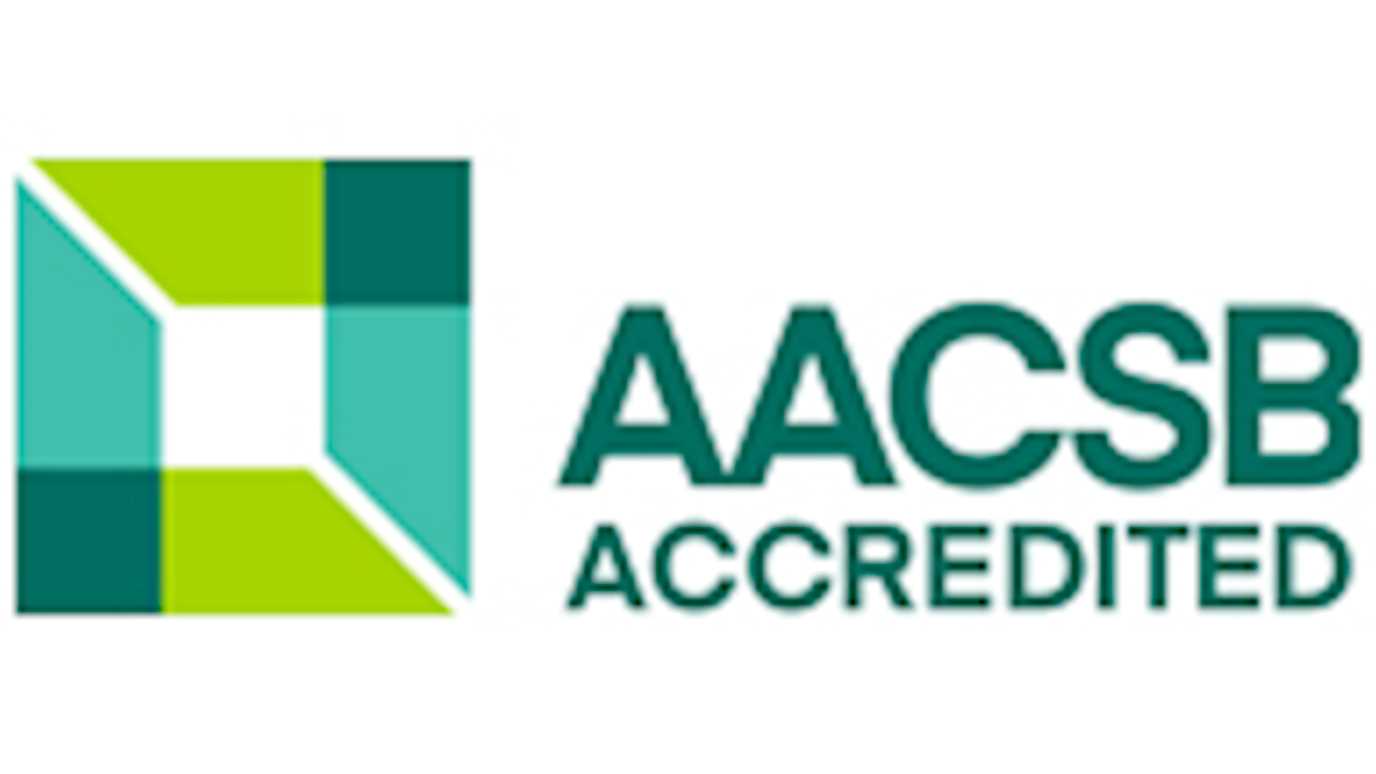Key information
Duration: 1 year full time
Institution code: R72
Campus: Egham
UK fees*: £13,200
International/EU fees**: £23,900
The course
Human Resource Management (MSc)
This course is designed for individuals who are interested in pursuing a career in management either in Human Resources or a related area. It will provide you with a rigorous and critical approach to human resource management strategies and practices, which you will assess from a range of theoretical and analytical perspectives. You will also consider them in terms of their social and economic context, examining their implications and impact for a range of stakeholders and interest groups.
This programme will provide you with a rigorous analytical approach to the subject, with a broad overview of the major areas of human resources and employment relations policy. You will examine how organisations learn, create and utilise knowledge and respond to the competitive pressures in a globalising knowledge-based economy. The course will equip you with the skills and competences to conduct advanced research into a wide range of management and organisational issues and enable you to improve your social, communications and presentational skills to operate in an effective and enlightened way as leaders and managers.
The programme builds on the School of Business and Management’s extensive expertise in the area, both in teaching and research. You will join an intellectually stimulating, friendly and supportive research environment and, through working closely with our expert and experienced academic staff, you will be in a viable position to realise your full potential.
- Strong career prospects in management either within human resources or a related field by gaining a deep understanding of international human resources management, coupled with a practical set of skills.
- Outstanding research; Royal Holloway sits in the top 25 per cent of UK universities for research which is rated as ‘world-leading’ and ‘internationally excellent’.
- Inspiring international community; approximately 60% of our Management students come from overseas, with over 130 countries represented across the University.
From time to time, we make changes to our courses to improve the student and learning experience. If we make a significant change to your chosen course, we’ll let you know as soon as possible.
Course structure
Core Modules
This year we will be running the following insightful modules which are all mandatory:
-
The aim of this module is to critically assess the impact that organisational interventions can have on the well-being and attitudes of workers by exploring key theories, models and policies in the field of well-being. The module seeks to explore the different dimensions of well-being and to examine the links between human resource management, organisational performance and employee well-being. The module also explores how human resource management can be used to create a positive employment relationship that benefits both employees and organisations. The module introduces the ethical and economic arguments for considering well-being at work.
-
In this module you will develop an understanding of how knowledge creation and innovation are the foundations of social and economic progress. You will examine how organisations learn, create and utilise knowledge, and respond to the competitive pressures of a globalising knowledge-based economy. You will focus on the relationships between societal institutions and the micro-dynamics of organisational learning and innovation, developing a critical understanding of the theories and perspectives of organisational change and innovation, and their implications for change management practice. You will look at the issues facing firms in the knowledge-based economy and concepts of organisational learning and knowledge creation. You will consider the nature and process of organisational change, the role of change agents, and the complex dynamics of change management.
-
In this module you will develop an understanding of the unique managerial challenges created by differences between, and within, countries for business operations. You will see how even within regions which have removed formal barriers to the flow of goods, finance, labour, and knowledge, a variety of differences (institutional, legal, cultural, identity, and so forth) remain. You will look at how these multi-level, multi-dimensional differences shape the contexts of ongoing transnational operation, and consider the nature of reorganisational programmes in tackling the issues faced when operating across borders.
-
The aim of this module is to learn the specific language and terminology used and to be able to flag possible legal issues arising when working in HR. In the first part of the module, the importance of Employment Law for HR Experts will be explained, and the second part will focus on crucial areas of the regulation of the employment relationship for the daily work of an HR Expert such as the rules relating to the formation of the employment contract, the scope of employment law, the difference between self-employment and dependent employment, flexible or “atypical” contracts of employment. Discrimination, termination of employment, the structure of collective bargaining and the role of trade unions will also be analysed from a comparative perspective considering different legal traditions.
-
In this module you will develop an understanding of theory, policy and practice in the field of strategic international human resource management. You will look at the major current themes and debates in the field, going beyond operational approaches to managing people, focussing on core international human resource issues and functions at the strategic level. You will consider the integration of organisational strategy and international human resources management, exploring how the issues and problems in managing a global workforce can be conceived strategically and operationalised through organisation practice.
-
During this module, you will discuss pertinent themes that focus on: Cross-Cultural leadership; HR in the European context; performance management; talent and global mobility as well as explore HR practices in specific fields. Class sessions will be interactive and you’ll be expected to contribute to discussions, case work and simulations and will often work in groups to review cases and simulations. Case study workshops and interaction with industry and experts will be a fundamental part of the module. There may be an optional international field trip offered subject to sign up numbers.
-
This module aims to take a critical approach to understanding some of the major areas of international human resource management policy and practice and considering their implications and impact for a range of stakeholders and interest groups. The module has both a substantive international content, combined with a significant comparative dimension (considering national, regional and global contexts). The module also considers ethics in managing workforces across countries against the backdrop of major changes in technology and global political economy.
-
In this module you will develop an understanding of the foundational issues and concepts in the theory and practice of human resource management. You will examine the nature of the employment relationship and the regulation of work and employment, and consider the relationship between human resourcing policies and economic/political environments, labour markets, product markets, forms of work organisation, and corporate performance.
-
In this module you will develop your analytical research skills so that you are better prepared for your dissertation project. You will look at approaches to management research and the assumptions upon which they are based, and consider how to critically evaluate primary and secondary data sources. You will examine how to choose appropriate quantitative and qualitative research methods for data collection and subsequent analysis, and how to conduct research in a systematic and critical reflective manner. You will also analyse the ethical implications of research investigations and their impact upon findings.
-
By the end of the dissertation, you should be able to plan and manage a project; define the aims of this project; identify the data sources and methods appropriate to conduct the project; identify the potential pitfalls to conducting such projects; execute the dissertation plan; and construct an effective argument with the dissertation.
-
This module will describe the key principles of academic integrity, focusing on university assignments. Plagiarism, collusion and commissioning will be described as activities that undermine academic integrity, and the possible consequences of engaging in such activities will be described. Activities, with feedback, will provide you with opportunities to reflect and develop your understanding of academic integrity principles.
Optional Modules
-
All modules are core
Teaching & assessment
Assessment is carried out by a variety of methods including coursework, examinations and a dissertation.
Entry requirements
2:2
UK Honours degree or equivalent.
Candidates with substantial and relevant professional qualifications or professional experience in an associated area will also be considered.
International & EU requirements
English language requirements
- IELTS: 6.5 overall. No subscore lower than 6.0.
- Pearson Test of English: 61 overall. Writing 61. No other subscore lower than 54.
- Trinity College London Integrated Skills in English (ISE): ISE III.
- Cambridge English: Advanced (CAE) grade C.
- TOEFL iBT: 88 overall with Reading 22 Listening 20 Speaking 22 Writing 24.
- Duolingo: 120 overall and no sub-score below 115.
Your future career
On graduating with a Masters degree in Human Resources Management from Royal Holloway you will be highly employable and have a variety of career paths in and around the area of human resources. You will be well prepared for a career in human resource management, management consultancy, public policy research, government advisory, the civil service, a think tank, an employers’ organisation or a trade union. This course also equips you with a solid foundation for PhD studies.
Our graduates have entered roles such as:
- Researcher at Hays Specialist Recruitment
- International Relocation Case Manager at IBM.
Fees, funding & scholarships
Home (UK) students tuition fee per year*: £13,200
EU and international students tuition fee per year**: £23,900
Other essential costs***: There are no single associated costs greater than £50 per item on this course, apart from the optional Field Trip for MN5700 Fieldwork on Contemporary HRM Issues which will incur additional costs.
How do I pay for it? Find out more about funding options, including loans, grants, scholarships and bursaries.
* and ** These tuition fees apply to students enrolled on a full-time basis in the academic year 2024/25. Students studying on the standard part-time course structure over two years are charged 50% of the full-time applicable fee for each study year.
Royal Holloway reserves the right to increase all postgraduate tuition fees annually, based on the UK’s Retail Price Index (RPI). Please therefore be aware that tuition fees can rise during your degree (if longer than one year’s duration), and that this also means that the overall cost of studying the course part-time will be slightly higher than studying it full-time in one year. For further information, please see our terms and conditions.
** This figure is the fee for EU and international students starting a degree in the academic year 2024/25. Find out more
*** These estimated costs relate to studying this particular degree at Royal Holloway during the 2024/25 academic year, and are included as a guide. Costs, such as accommodation, food, books and other learning materials and printing, have not been included.
























